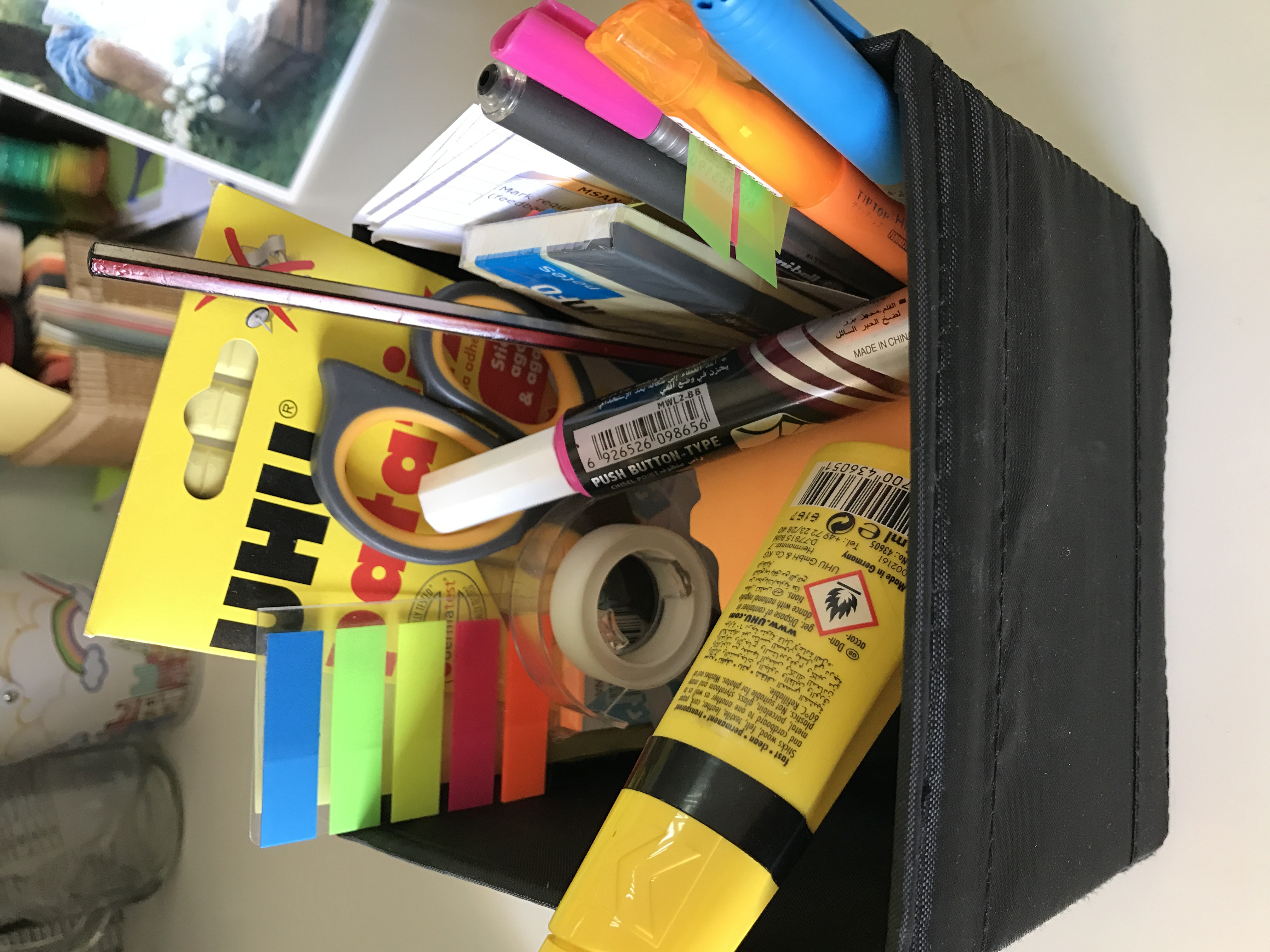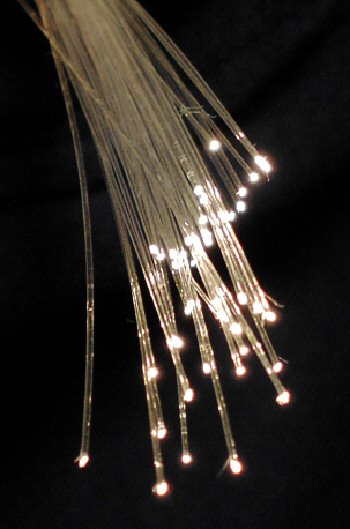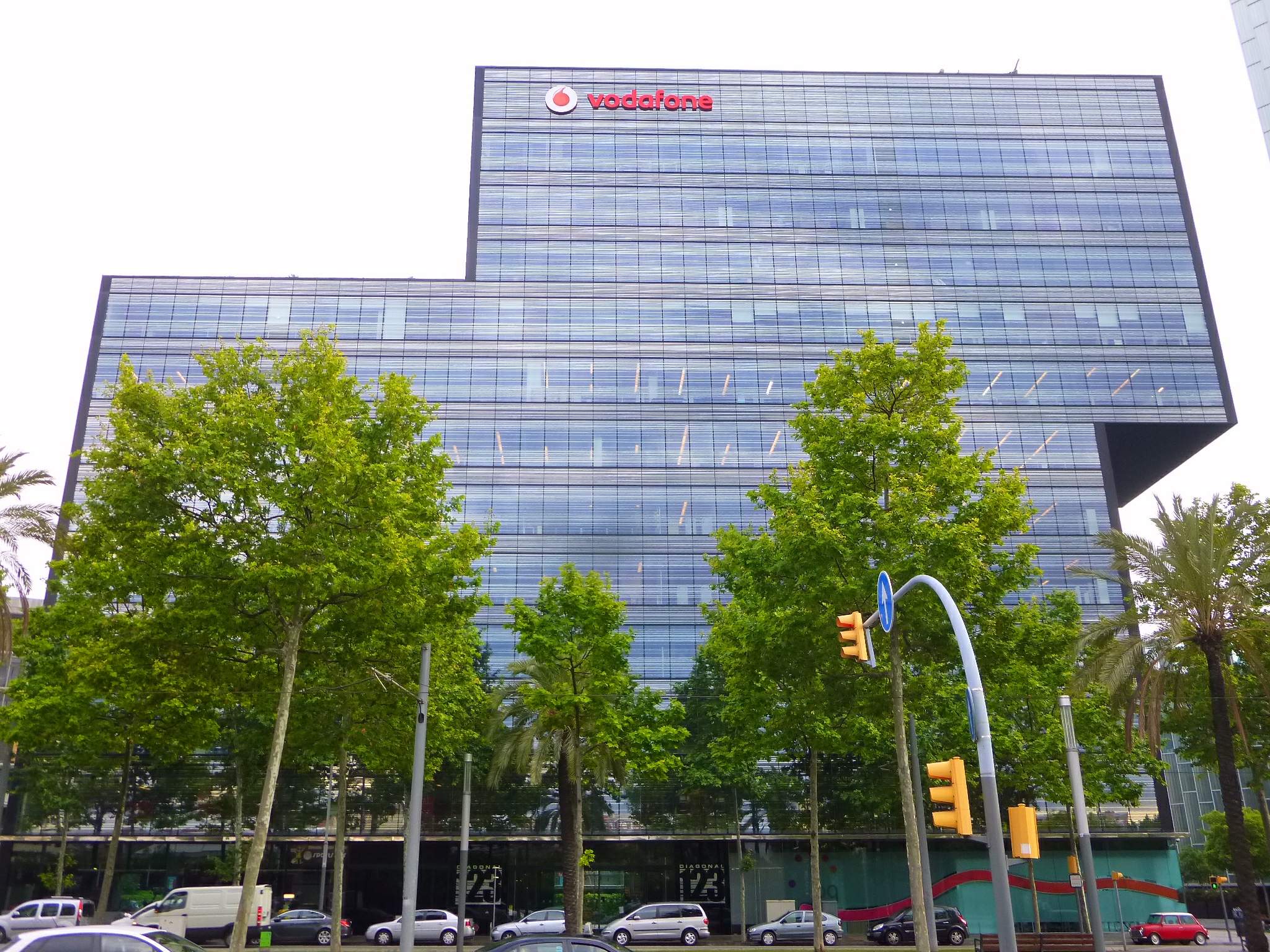|
Hey (company)
Nema is a Faroese telecommunications, stationery and communications technology company, founded in February 2007 after the merger of Faroedane, Com-Data and Reproz. After the parliament (Løgting) made a new law in 1999 that allowed others to compete with Telefonverk Føroya Løgtings (TFL), which in the process changed its name to Føroya Tele, in 2001 Kall and Tele F became one company, Kall. Kall was renamed as Vodafone in 2008 and then to Hey in 2018. In January 2019, Nema and Hey was mergered, creating a telecommunications, stationery and communications technology company, but the Hey telecommunications service brand was kept. In 2022, The telecommunications service abandoned the Hey trademark to start using the company's commercial name, offering all its products under the Nema brand. See also *Føroya Tele Føroya Tele P/f (FT) is the public telecommunications company in the Faroe Islands. It is one of the largest companies in the country with 230 employees and an annua ... [...More Info...] [...Related Items...] OR: [Wikipedia] [Google] [Baidu] |
Telecommunications
Telecommunication, often used in its plural form or abbreviated as telecom, is the transmission of information over a distance using electronic means, typically through cables, radio waves, or other communication technologies. These means of transmission may be divided into communication channels for multiplexing, allowing for a single medium to transmit several concurrent Session (computer science), communication sessions. Long-distance technologies invented during the 20th and 21st centuries generally use electric power, and include the electrical telegraph, telegraph, telephone, television, and radio. Early telecommunication networks used metal wires as the medium for transmitting signals. These networks were used for telegraphy and telephony for many decades. In the first decade of the 20th century, a revolution in wireless communication began with breakthroughs including those made in radio communications by Guglielmo Marconi, who won the 1909 Nobel Prize in Physics. Othe ... [...More Info...] [...Related Items...] OR: [Wikipedia] [Google] [Baidu] |
Faroe Islands
The Faroe Islands ( ) (alt. the Faroes) are an archipelago in the North Atlantic Ocean and an autonomous territory of the Danish Realm, Kingdom of Denmark. Located between Iceland, Norway, and the United Kingdom, the islands have a population of 54,609 and a land area of 1,393 km². The official language is Faroese language, Faroese, which is partially mutually intelligible with Icelandic language, Icelandic. The terrain is rugged, dominated by fjords and cliffs with sparse vegetation and few trees. As a result of its proximity to the Arctic Circle, the islands experience perpetual Twilight, civil twilight during summer nights and very short winter days; nevertheless, they experience a Oceanic climate#Subpolar variety (Cfc, Cwc), subpolar oceanic climate and mild temperatures year-round due to the Gulf Stream. The capital, Tórshavn, receives the fewest recorded hours of sunshine of any city in the world at only 840 per year. Færeyinga saga, Færeyinga Saga and the writin ... [...More Info...] [...Related Items...] OR: [Wikipedia] [Google] [Baidu] |
Stationery
Stationery refers to writing materials, including cut paper, envelopes, continuous form paper, and other office supplies. Stationery usually specifies materials to be written on by hand (e.g., letter paper) or by equipment such as computer printers. History of stationery Originally, the term 'stationery' referred to all products sold by a stationer, whose name indicated that his book shop was on a fixed spot. This was usually somewhere near a university, and permanent, while medieval trading was mainly carried on by itinerant peddlers (including chapmen, who sold books) and others (such as farmers and craftsmen) at markets and fairs. It was a unique term used between the 13th and 15th centuries in the manuscript culture. Stationers' shops were places where books were bound, copied, and published. These shops often loaned books to nearby university students for a fee. The books were loaned out in sections, allowing students to study or copy them, and the only way to get the ... [...More Info...] [...Related Items...] OR: [Wikipedia] [Google] [Baidu] |
Information And Communications Technology
Information and communications technology (ICT) is an extensional term for information technology (IT) that stresses the role of unified communications and the integration of telecommunications (telephone lines and wireless signals) and computers, as well as necessary enterprise software, middleware, storage and audiovisual, that enable users to access, store, transmit, understand and manipulate information. ICT is also used to refer to the convergence (telecommunications), convergence of audiovisuals and telephone networks with computer networks through a single cabling or link system. There are large economic incentives to merge the telephone networks with the computer network system using a single unified system of cabling, signal distribution, and management. ICT is an umbrella term that includes any communication device, encompassing radio, television, cell phones, computer and network hardware, satellite systems and so on, as well as the various services and appliances with ... [...More Info...] [...Related Items...] OR: [Wikipedia] [Google] [Baidu] |
Telecommunications
Telecommunication, often used in its plural form or abbreviated as telecom, is the transmission of information over a distance using electronic means, typically through cables, radio waves, or other communication technologies. These means of transmission may be divided into communication channels for multiplexing, allowing for a single medium to transmit several concurrent Session (computer science), communication sessions. Long-distance technologies invented during the 20th and 21st centuries generally use electric power, and include the electrical telegraph, telegraph, telephone, television, and radio. Early telecommunication networks used metal wires as the medium for transmitting signals. These networks were used for telegraphy and telephony for many decades. In the first decade of the 20th century, a revolution in wireless communication began with breakthroughs including those made in radio communications by Guglielmo Marconi, who won the 1909 Nobel Prize in Physics. Othe ... [...More Info...] [...Related Items...] OR: [Wikipedia] [Google] [Baidu] |
Stationery
Stationery refers to writing materials, including cut paper, envelopes, continuous form paper, and other office supplies. Stationery usually specifies materials to be written on by hand (e.g., letter paper) or by equipment such as computer printers. History of stationery Originally, the term 'stationery' referred to all products sold by a stationer, whose name indicated that his book shop was on a fixed spot. This was usually somewhere near a university, and permanent, while medieval trading was mainly carried on by itinerant peddlers (including chapmen, who sold books) and others (such as farmers and craftsmen) at markets and fairs. It was a unique term used between the 13th and 15th centuries in the manuscript culture. Stationers' shops were places where books were bound, copied, and published. These shops often loaned books to nearby university students for a fee. The books were loaned out in sections, allowing students to study or copy them, and the only way to get the ... [...More Info...] [...Related Items...] OR: [Wikipedia] [Google] [Baidu] |
Løgting
The Løgting (pronounced ; ) is the unicameral parliament of the Faroe Islands, an autonomous territory within the Danish Realm. The name literally means "''Law Thing''"—that is, a law assembly—and derives from Old Norse ''lǫgþing'', which was a name given to ancient assemblies. A ''ting'' or ''þing'' has existed on the Faroe Islands for over a millennium and the Løgting was the highest authority on the islands in the Viking era. From 1274 to 1816 it functioned primarily as a judicial body, whereas the modern Løgting established in 1852 is a parliamentary assembly, which gained legislative power when home rule was introduced in 1948. Together with the Manx Tynwald and the Icelandic Alþing, the Løgting is one of the oldest surviving parliaments in the world, all three holding lineages to the old Norse assemblies of mainland Europe. Today, the Faroe Islands comprise one constituency, and the number of MPs is fixed at 33. The first election with this new syste ... [...More Info...] [...Related Items...] OR: [Wikipedia] [Google] [Baidu] |
Føroya Tele
Føroya Tele P/f (FT) is the public telecommunications company in the Faroe Islands. It is one of the largest companies in the country with 230 employees and an annual turnover of around €40 million. The head office is in Tórshavn Municipality. In 2005 the company had exactly 19,286 fixed network and 32,763 mobile phone customers (with a population of around 48,000). History The first telephone line was set up in the Faroe Islands in 1905. Ólavi á Heygum from Vestmanna established the connection between his place and the capital Tórshavn. The following year, Løgting took over this management. The state telephone company was given the Danish name ''Færøernes Amtskommunes Telefonvæsen'' (Telephone system of the Faroe Municipality) and later ''Telefonverk Føroya Løgtings'' (Telephone company of the Faroese Lögtings). In 1930 all places in the Faroe Islands were connected to the telephone network. According to Suðuroy there was initially only a radio connection with th ... [...More Info...] [...Related Items...] OR: [Wikipedia] [Google] [Baidu] |
Company (law)
A company, abbreviated as co., is a legal entity representing an association of legal people, whether natural, juridical or a mixture of both, with a specific objective. Company members share a common purpose and unite to achieve specific, declared goals. Over time, companies have evolved to have the following features: "separate legal personality, limited liability, transferable shares, investor ownership, and a managerial hierarchy". The company, as an entity, was created by the state which granted the privilege of incorporation. Companies take various forms, such as: * voluntary associations, which may include nonprofit organizations * business entities, whose aim is to generate sales, revenue, and profit * financial entities and banks * programs or educational institutions A company can be created as a legal person so that the company itself has limited liability as members perform or fail to discharge their duties according to the publicly declared incorporat ... [...More Info...] [...Related Items...] OR: [Wikipedia] [Google] [Baidu] |
Telecommunications Companies Of The Faroe Islands
Telecommunication, often used in its plural form or abbreviated as telecom, is the transmission of information over a distance using electronic means, typically through cables, radio waves, or other communication technologies. These means of transmission may be divided into communication channels for multiplexing, allowing for a single medium to transmit several concurrent communication sessions. Long-distance technologies invented during the 20th and 21st centuries generally use electric power, and include the telegraph, telephone, television, and radio. Early telecommunication networks used metal wires as the medium for transmitting signals. These networks were used for telegraphy and telephony for many decades. In the first decade of the 20th century, a revolution in wireless communication began with breakthroughs including those made in radio communications by Guglielmo Marconi, who won the 1909 Nobel Prize in Physics. Other early pioneers in electrical and electronic tel ... [...More Info...] [...Related Items...] OR: [Wikipedia] [Google] [Baidu] |
Vodafone
Vodafone Group Public Limited Company () is a British Multinational company, multinational telecommunications company. Its registered office and global headquarters are in Newbury, Berkshire, England. It predominantly operates Service (economics), services in Asia, Africa, Europe, and Oceania. , Vodafone owns and operates networks in 15 countries, with partner networks in 46 further countries. Its Vodafone Global Enterprise division provides telecommunications and IT services to corporate clients in 150 countries. Vodafone has a primary listing on the London Stock Exchange and is a constituent of the FTSE 100 Index. The company has a secondary listing on the NASDAQ as American depositary receipts (ADRs). Name The name Vodafone comes from ''voice data fone'' (the latter a sensational spelling of "telephone, phone"), chosen by the company to "reflect the provision of voice and data services over mobile phones". History Racal Telecom: 1980 to 1991 In 1980, Ernest Harrison, th ... [...More Info...] [...Related Items...] OR: [Wikipedia] [Google] [Baidu] |






